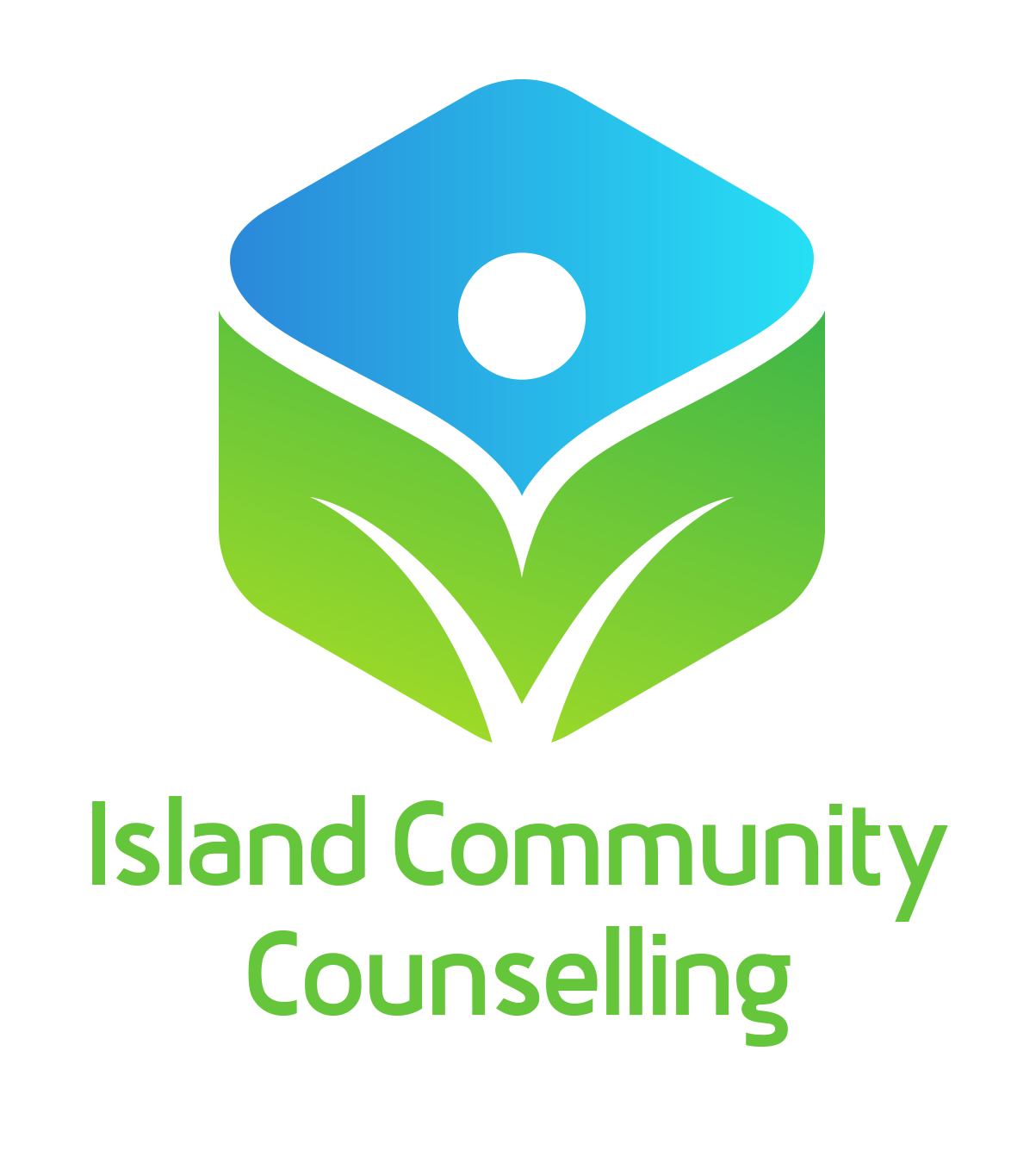Dialectical Behavior Therapy
Do you feel your mind is being pulled in a hundred different directions at once? Do you have a hard time handling some of your emotions? Do you struggle with maintaining relationships?
Dialectical behavior therapy (DBT) offers individuals comprehensive skills to manage painful memories and emotions and to decrease conflicts in their relationships.
This modality focuses on 4 specific areas of therapeutic skills. These are:
- Mindfulness – Helps individuals be present in the current moment.
- Distress tolerance – Most people try and keep themselves safe from all negative emotions. Distress tolerance is geared toward increasing a person’s tolerance to negative emotion.
- Emotion regulation – Offers strategies to manage intense emotions that are the root cause of problems in a person’s life.
- Interpersonal effectiveness – These techniques allow an individual to communicate with others in a confident, assertive way that maintains self-respect and strengthens relationships.
The message at the heart of DBT is acceptance and change.
When is DBT Used and What Can You Expect?
DBT can successfully support people who are struggling with borderline personality disorder, depression, bipolar disorder, PTSD, eating disorders, and substance abuse.
DBT treatment usually consists of a combination of DBT skills groups and individual therapy sessions. The individual therapy sessions allow you to have one-on-one contact with a trained therapist who will help you apply DBT skills to your daily life, address any obstacle that may arise and keep you motivated!
The DBT skills group interactions will help you practice skills with others and offer mutual support.
Finding a DBT Therapist
If you are interested in exploring DBT therapy, Senior Therapist Earl Blacklock has specialized training and facilitates the DBT skills groups.

